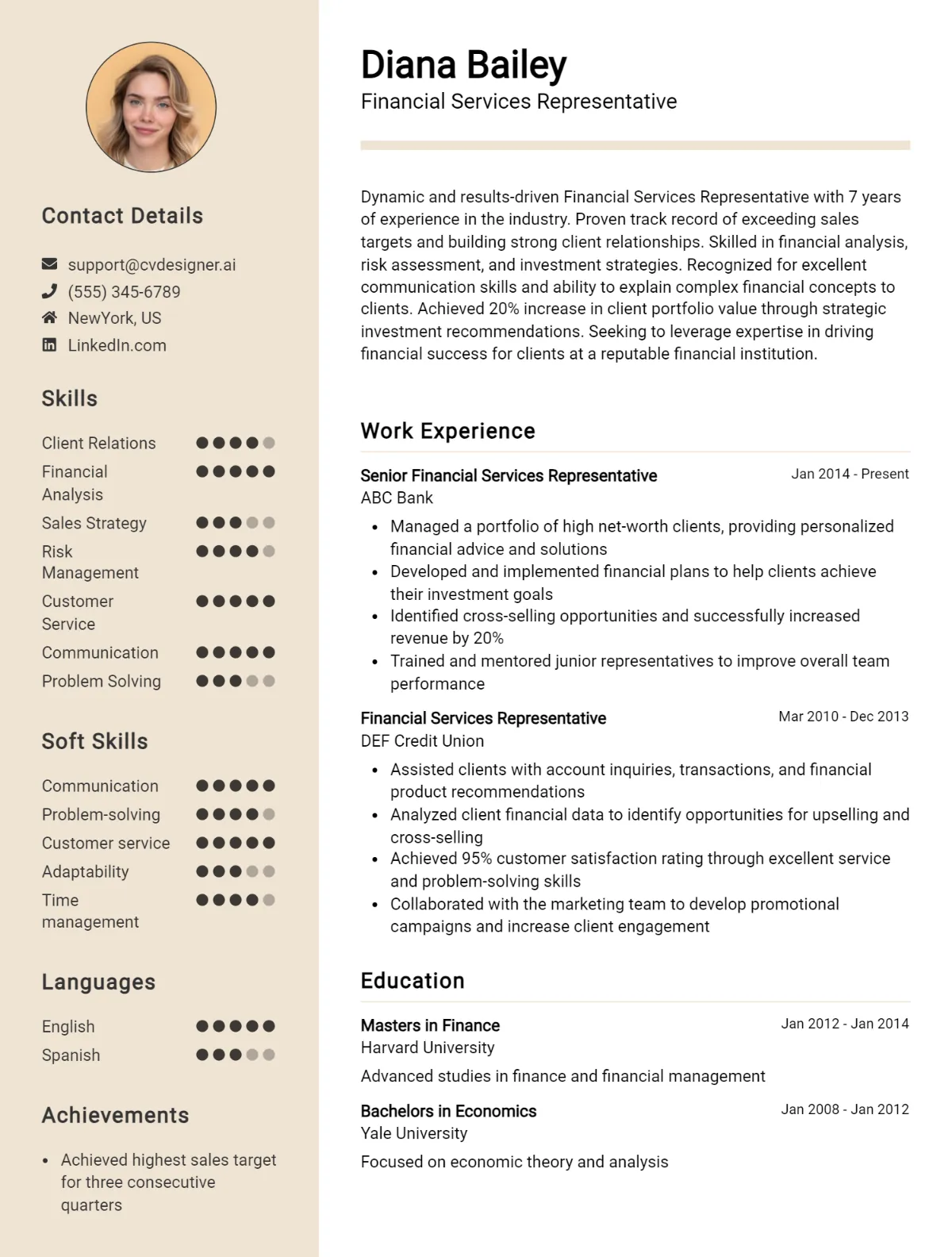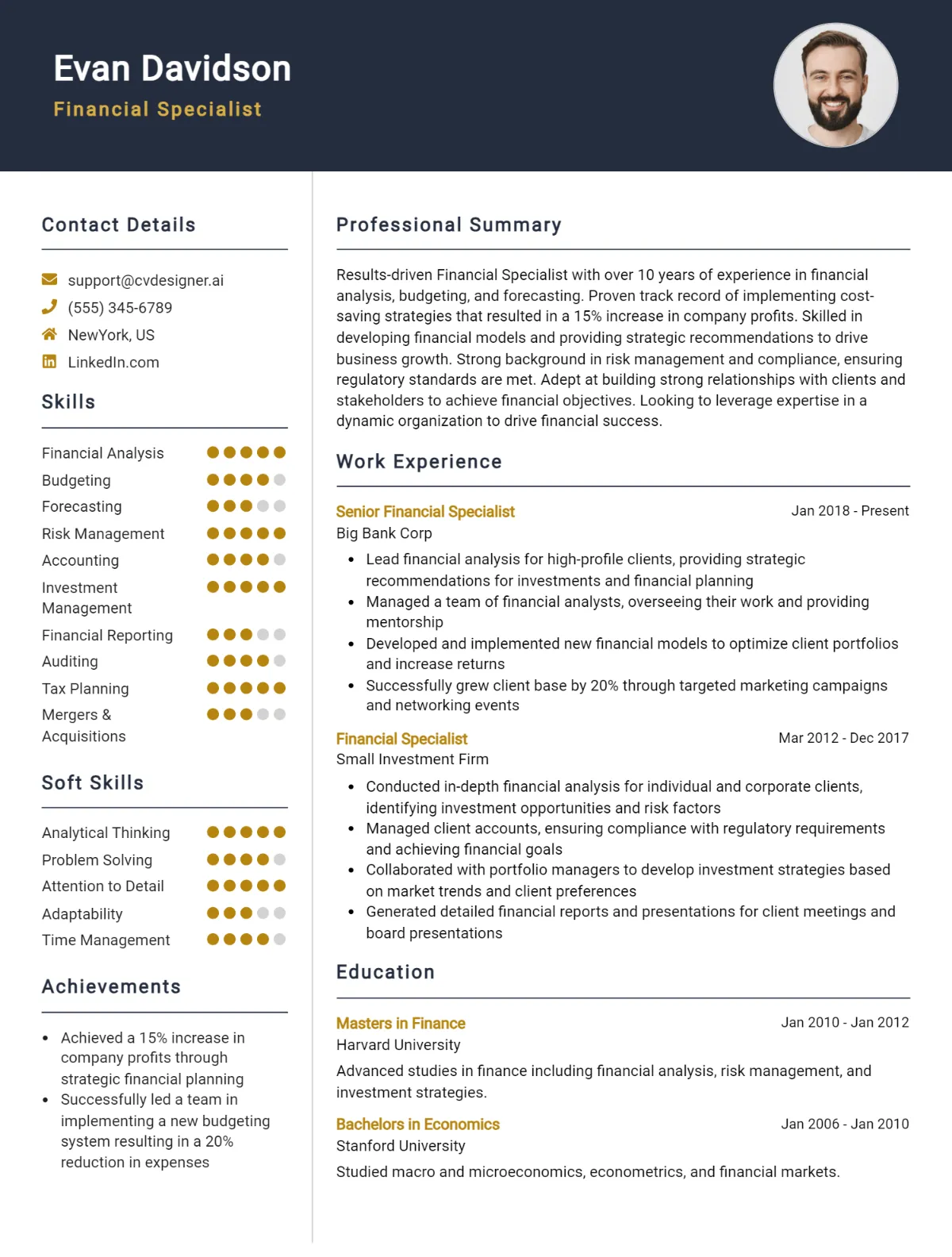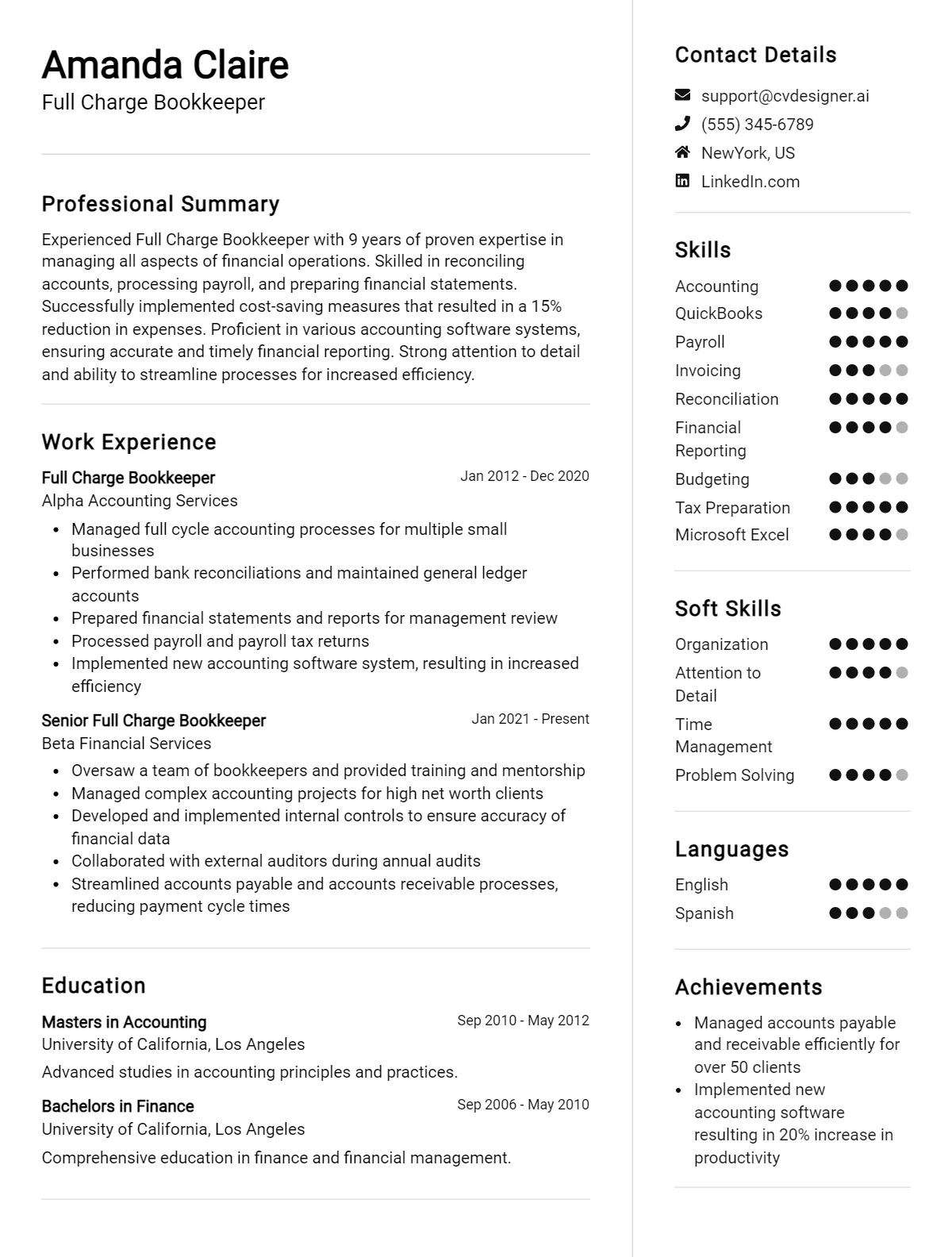When crafting a CV, most people focus heavily on their technical abilities and professional achievements. While these aspects are undoubtedly crucial, there’s another category of skills that can significantly enhance your employability: soft skills. Soft skills, also known as interpersonal or people skills, are essential for creating a well-rounded CV that captures the attention of hiring managers and recruiters.
In this extensive guide, we will delve into the importance of soft skills on your CV, provide a comprehensive list of soft skills along with detailed explanations, and offer practical examples to help you illustrate these skills effectively. We’ll also explore how soft skills complement hard skills, functional skills, and work experience. By the end of this post, you’ll have a clear understanding of how to enhance your CV with these vital attributes.
Why Soft Skills Matter
Soft skills are the personal attributes, personality traits, and communication abilities needed for success in any job. Unlike hard skills, which are job-specific and can be taught, soft skills are more about how you interact with others and manage your work. They include abilities like communication, teamwork, problem-solving, and adaptability. Here’s why they are essential:
- Enhanced Employability: Employers value candidates who not only have the technical know-how but also possess the ability to work well in a team, adapt to changing environments, and effectively communicate with colleagues and clients.
- Better Job Performance: Soft skills contribute to overall job performance. For instance, an employee with excellent problem-solving skills can find innovative solutions to challenges, improving efficiency and productivity.
- Improved Career Progression: Demonstrating strong soft skills can lead to better job opportunities and promotions. Leadership, for example, is a soft skill that can propel you into management positions.
- Holistic Professional Profile: A CV that balances hard and soft skills presents a well-rounded candidate, increasing your chances of securing an interview.
Use our Best CV Templates
Discover our top-tier CV templates, meticulously designed to make a lasting impression. Choose from a variety of professional layouts to enhance your career prospects.
List of Essential Soft Skills
1. Communication
Explanation: Communication skills involve the ability to convey information effectively and efficiently, whether verbally or in writing. This includes active listening, clear articulation, and appropriate body language.
Examples:
- Presenting ideas to a team.
- Writing clear and concise emails.
- Listening actively during meetings to understand colleagues’ viewpoints.
CV Example: “Developed and delivered presentations to senior management, leading to the adoption of key strategic initiatives.”
2. Teamwork
Explanation: Teamwork involves working collaboratively with others to achieve a common goal. It requires respecting diverse perspectives, contributing ideas, and supporting colleagues.
Examples:
- Participating in team projects.
- Offering assistance to team members during high-pressure situations.
- Collaborating with different departments to achieve company objectives.
CV Example: “Collaborated with cross-functional teams to streamline processes, resulting in a 15% increase in efficiency.”
3. Problem-Solving
Explanation: Problem-solving skills involve identifying issues, analyzing them, and finding effective solutions. This requires critical thinking, creativity, and decision-making abilities.
Examples:
- Identifying inefficiencies in a workflow and proposing improvements.
- Resolving customer complaints in a timely manner.
- Developing strategies to overcome project obstacles.
CV Example: “Led a team to identify and resolve bottlenecks in production, reducing downtime by 20%.”
4. Adaptability
Explanation: Adaptability refers to your ability to adjust to new conditions and challenges. It involves being flexible and open to change.
Examples:
- Quickly learning new software tools.
- Adapting to changing project requirements.
- Embracing new work environments or roles.
CV Example: “Adapted to a new CRM system within two weeks, enhancing client management and reporting capabilities.”
5. Leadership
Explanation: Leadership skills involve guiding and motivating a group towards achieving goals. This includes setting a vision, delegating tasks, and providing feedback.
Examples:
- Leading a project team to successful completion.
- Mentoring junior employees.
- Managing a department or division.
CV Example: “Led a team of 10 to execute a marketing campaign that increased sales by 30%.”
6. Emotional Intelligence
Explanation: Emotional intelligence is the ability to understand and manage your own emotions, as well as recognize and influence the emotions of others.
Examples:
- Demonstrating empathy towards colleagues.
- Managing stress effectively.
- Resolving conflicts amicably.
CV Example: “Utilized emotional intelligence to mediate conflicts within the team, fostering a more collaborative work environment.”
7. Time Management
Explanation: Time management involves planning and exercising conscious control over the amount of time spent on specific activities to increase effectiveness, efficiency, and productivity.
Examples:
- Prioritizing tasks to meet deadlines.
- Balancing multiple projects simultaneously.
- Using tools and techniques to manage workload.
CV Example: “Implemented a new scheduling system that improved project delivery timelines by 25%.”
8. Critical Thinking
Explanation: Critical thinking involves analyzing facts to form a judgment. It includes logical reasoning, creativity, and the ability to think outside the box.
Examples:
- Evaluating the pros and cons of a business decision.
- Conducting research to support strategic initiatives.
- Identifying trends and insights from data analysis.
CV Example: “Conducted market analysis that led to the development of a new product line, resulting in a 20% revenue increase.”
9. Interpersonal Skills
Explanation: Interpersonal skills are the abilities that allow you to interact effectively with others. These include empathy, patience, and the ability to build relationships.
Examples:
- Building rapport with clients.
- Resolving team conflicts.
- Networking at industry events.
CV Example: “Built strong relationships with key clients, contributing to a 10% increase in repeat business.”
10. Creativity
Explanation: Creativity involves the ability to think about a task or a problem in a new or different way, or the ability to use the imagination to generate new ideas.
Examples:
- Developing innovative marketing strategies.
- Designing unique solutions to complex problems.
- Creating engaging content for social media.
CV Example: “Developed a creative social media campaign that increased brand engagement by 40%.”
11. Work Ethic
Explanation: Work ethic refers to a set of values based on the virtues of hard work and diligence. It involves being reliable, dedicated, productive, and having a strong sense of responsibility.
Examples:
- Consistently meeting or exceeding deadlines.
- Taking initiative on projects.
- Demonstrating reliability and punctuality.
CV Example: “Recognized for outstanding work ethic, receiving the Employee of the Month award three times.”
12. Conflict Resolution
Explanation: Conflict resolution skills involve the ability to resolve disagreements in a peaceful, constructive manner. It requires negotiation, mediation, and the ability to remain calm under pressure.
Examples:
- Mediating disputes between team members.
- Negotiating with clients to reach mutually beneficial agreements.
- Addressing workplace conflicts with tact and diplomacy.
CV Example: “Successfully mediated a conflict between departments, leading to improved collaboration and productivity.”
13. Decision-Making
Explanation: Decision-making involves choosing the best course of action among several options. It requires analyzing information, considering potential outcomes, and making informed choices.
Examples:
- Making strategic business decisions.
- Selecting the best solution to a problem.
- Weighing the pros and cons of different options.
CV Example: “Made data-driven decisions that led to a 15% reduction in operational costs.”
14. Negotiation
Explanation: Negotiation skills involve reaching agreements through discussion and compromise. It includes persuasion, bargaining, and the ability to find common ground.
Examples:
- Negotiating contracts with vendors.
- Securing favorable terms in business deals.
- Mediating negotiations between parties.
CV Example: “Negotiated a key supplier contract that saved the company $50,000 annually.”
15. Attention to Detail
Explanation: Attention to detail involves being thorough and accurate in your work. It means noticing small but important details and ensuring that everything is correct.
Examples:
- Proofreading documents for errors.
- Ensuring accuracy in financial reports.
- Paying close attention to project specifications.
CV Example: “Maintained a high level of accuracy in financial reporting, resulting in zero discrepancies during audits.”
How to Effectively Highlight Soft Skills on Your CV
1. Tailoring Your CV
When listing your soft skills on your CV, it’s essential to tailor them to the job you’re applying for. Review the job description carefully and identify which soft skills are most relevant. Then, incorporate those skills into your CV, providing specific examples to demonstrate your abilities.
2. Using Examples and Achievements
Instead of merely listing your soft skills, provide concrete examples of how you’ve used them in your previous roles. This helps to illustrate your capabilities and makes your CV more compelling.
3. Combining Soft and Hard Skills
Show how your soft skills complement your hard skills. For instance, if you’re a software developer, mention how your problem-solving skills have helped you troubleshoot complex coding issues.
4. Utilizing Internal Links for More Information
To provide a more comprehensive view of your skill set, consider linking to resources that offer further insights. For example, you can direct readers to articles on functional skills, work experience, and how to write a CV.
Examples of Soft Skills in Different Sections of Your CV
1. Professional Summary
“Seasoned marketing professional with over 10 years of experience in developing innovative strategies and leading cross-functional teams. Demonstrated ability to communicate effectively, solve complex problems, and adapt to dynamic market conditions.”
2. Skills Section
- Communication: Skilled in delivering presentations, writing reports, and active listening.
- Teamwork: Experienced in collaborating with diverse teams to achieve common goals.
- Problem-Solving: Adept at analyzing issues and developing creative solutions.
3. Work Experience
“Marketing Manager, XYZ Corp. (2015-2023)
- Led a team of 15 in developing and executing marketing campaigns, resulting in a 25% increase in brand awareness.
- Utilized critical thinking and problem-solving skills to identify and address market challenges, enhancing campaign effectiveness.”
4. Education
“Master of Business Administration, ABC University (2010-2012)
- Developed strong leadership and interpersonal skills through coursework and group projects.”
FAQs
1. What are soft skills, and why are they important on a CV?
Soft skills are important on a CV because they complement hard skills and can significantly enhance employability. Employers look for candidates who not only have the technical know-how but also possess the ability to work well in a team, communicate effectively, and adapt to changing environments. Highlighting soft skills on your CV demonstrates that you are a well-rounded candidate capable of contributing positively to the workplace.
2. How can I identify which soft skills to include on my CV?
Next, reflect on your experiences and identify situations where you have demonstrated these skills. Think about past jobs, volunteer work, academic projects, or personal experiences. Choose the soft skills that best match the job requirements and your experiences, and be prepared to provide specific examples during the interview process.
3. How can I effectively showcase my soft skills on my CV?
Tailor Your Skills Section: Customize your skills section to highlight the soft skills most relevant to the job you’re applying for. Use bullet points to list these skills clearly.
Provide Examples: Instead of simply listing your soft skills, provide concrete examples of how you’ve demonstrated these skills in your previous roles. Use action verbs and quantify your achievements where possible.
Incorporate Soft Skills into Work Experience: Weave your soft skills into the descriptions of your work experience. For instance, mention how your communication skills helped you lead a successful project or how your problem-solving abilities improved a process.
Use a Professional Summary: Include a professional summary at the top of your CV that highlights your key soft skills and how they contribute to your overall qualifications.
4. Can I include soft skills in my cover letter?
Highlight Key Soft Skills: Choose a few key soft skills that are particularly relevant to the job and elaborate on them in your cover letter.
Provide Context: Explain how you have used these skills in specific situations to achieve positive outcomes. This helps demonstrate your abilities in a real-world context.
Align with Job Requirements: Ensure that the soft skills you mention align with the requirements outlined in the job description. This shows that you have carefully read the job posting and understand what the employer is looking for.
How do I balance soft skills with hard skills on my CV?
Separate Sections: Create separate sections for soft skills and hard skills. This ensures clarity and allows employers to easily see both types of skills.
Use Examples: In your work experience section, demonstrate how your hard and soft skills complement each other. For example, explain how your technical expertise (hard skill) and teamwork (soft skill) led to a successful project outcome.
Professional Summary: Use the professional summary to highlight both your hard and soft skills. This gives a quick overview of your comprehensive skill set.
Prioritize: Depending on the job you are applying for, prioritize the skills that are most relevant. If the role is highly technical, emphasize hard skills but still include essential soft skills. For roles requiring extensive interaction and collaboration, highlight your soft skills while not neglecting the hard skills.
Conclusion
Incorporating soft skills into your CV is not just a trend but a necessity in today’s competitive job market. Employers are increasingly looking for candidates who not only possess the technical know-how but also the interpersonal abilities to thrive in a collaborative and dynamic work environment. By highlighting your soft skills, providing concrete examples, and combining them with your hard skills, you can create a compelling CV that stands out to hiring managers.
For more insights on how to craft an effective CV, explore our guides on set of skills, functional skills, and work experience. If you’re ready to start building your CV, check out our CV Templates and use our CV Builder for a seamless experience.
Investing time in developing and showcasing your soft skills can pay significant dividends in your career journey. Start today, and watch as these often-overlooked attributes open doors to new opportunities and professional growth.








